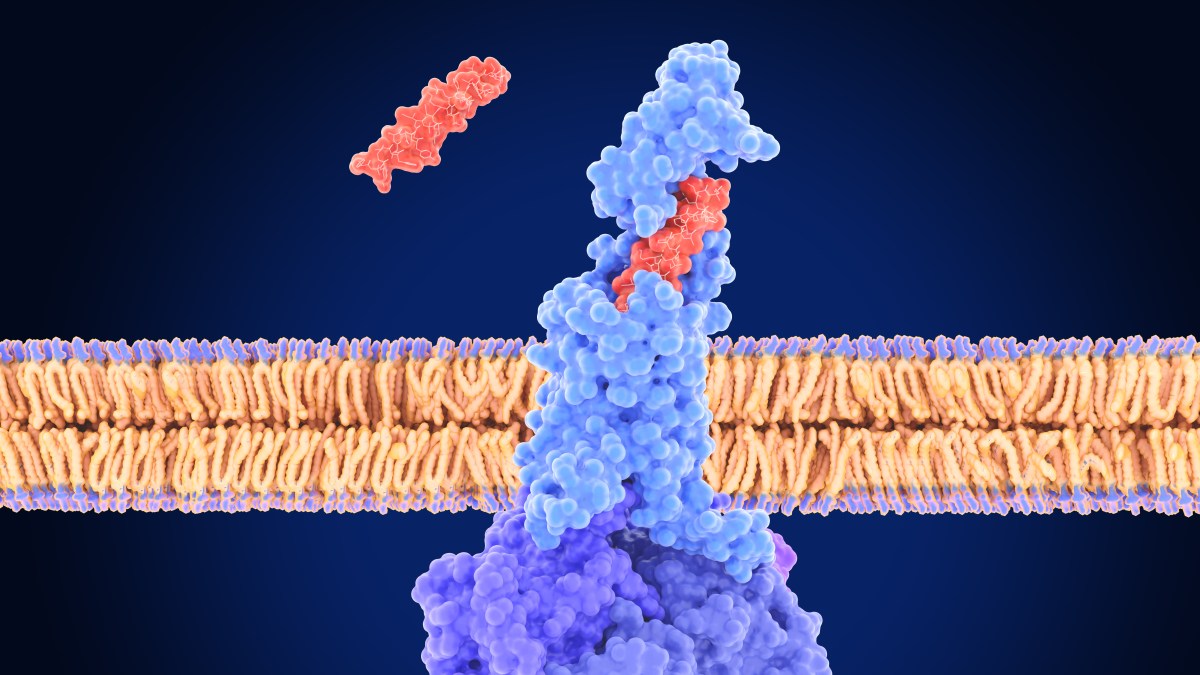Thousands of NHS patients could have been incorrectly told they have diabetes after errors were discovered in machines used to diagnose the condition.
NHS England said that up to ten per cent of its laboratories in England were affected by the errors, meaning at least 55,000 people will need further blood tests.
The problems mean some patients were wrongly diagnosed with type 2 diabetes and prescribed medication they did not need, which can cause side effects.
• Weak regulation of diabetes monitors ‘puts patients at risk’
Some 16 hospital trusts use the machines, made by Trinity Biotech, which have produced inaccurate test results.
Dr Clare Hambling, the NHS diabetes national clinical director, said: “Being potentially misdiagnosed with any long-term condition, such as type 2 diabetes, is understandably worrying, however, the clinical risk of harm to patients following this issue is low.
“Less than ten per cent of NHS laboratories were affected and all have either replaced the machines or addressed calibration issues following Medicines and Healthcare products Regulatory Agency (MHRA) advice in July and anyone requiring a repeat test will be contacted by their GP or local hospital.”
• From the archive: unlocking the mystery of diabetes
More than four million people in the UK have type 2 diabetes, which occurs when a person’s blood sugar becomes chronically high as the body stops responding to the hormone insulin. It is linked to obesity and unhealthy lifestyles.
Type 2 diabetes is diagnosed with a blood test that checks how high your blood glucose levels are.
The BBC investigated the issue of faulty machines after first reporting in September 2024 that 11,000 patients faced retesting after a machine at Luton and Dunstable Hospital issued incorrect diabetes results.
The procedure, known as the haemoglobin A1C test, measures average blood sugar levels that are used to diagnose diabetes and monitor the condition.

Thousands in the UK could be taking medication for type 2 diabetes that they do not have
IULIIA BURMISTROVA/GETTY
According to the MHRA, issues with tests on the machines were first reported in April 2024.
Trinity Biotech said: “The company has worked closely with the MHRA to resolve the issues experienced by some UK labs using the system.”
The statement also said the company had “issued three Field Safety Notices in 2024 to all UK users, informing them of a potential positive bias issue”.
These notices included “reiteration of details of the actions to be taken to ensure optimum operation of the system, with an emphasis on the importance of operating the system per the manufacturer’s instructions”.
